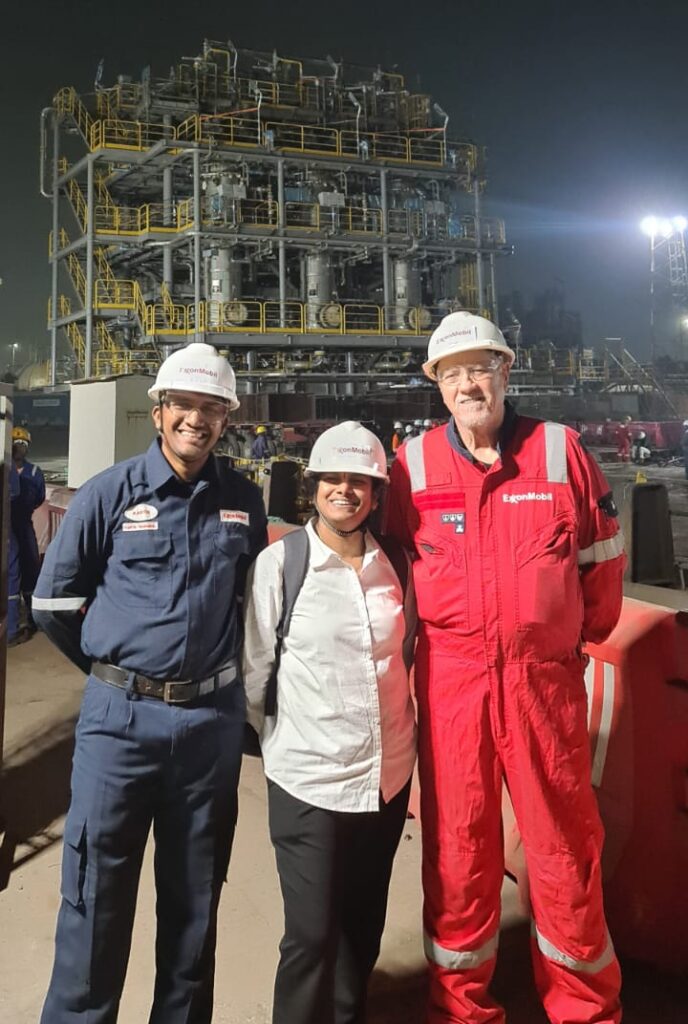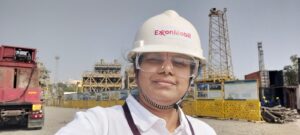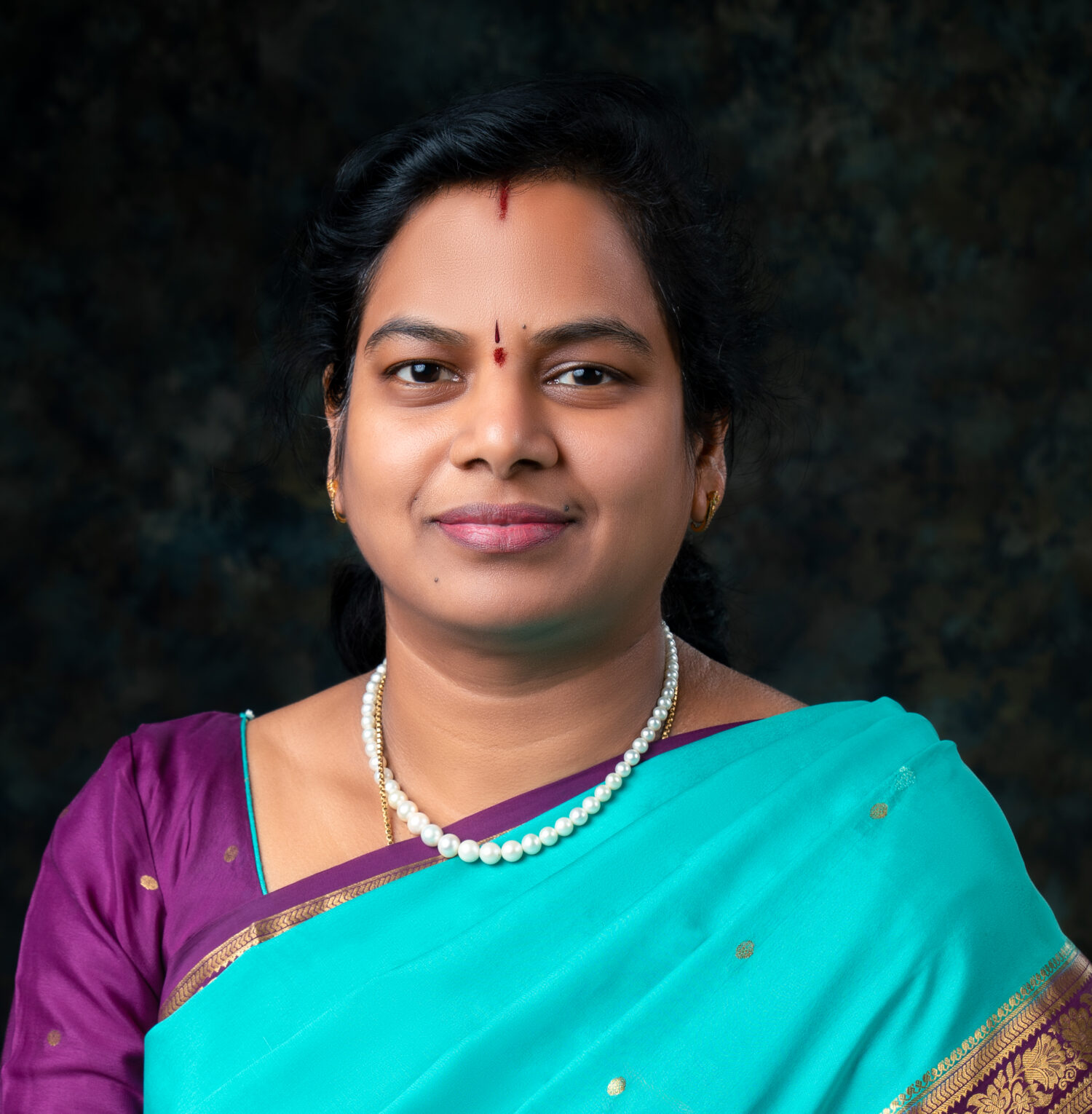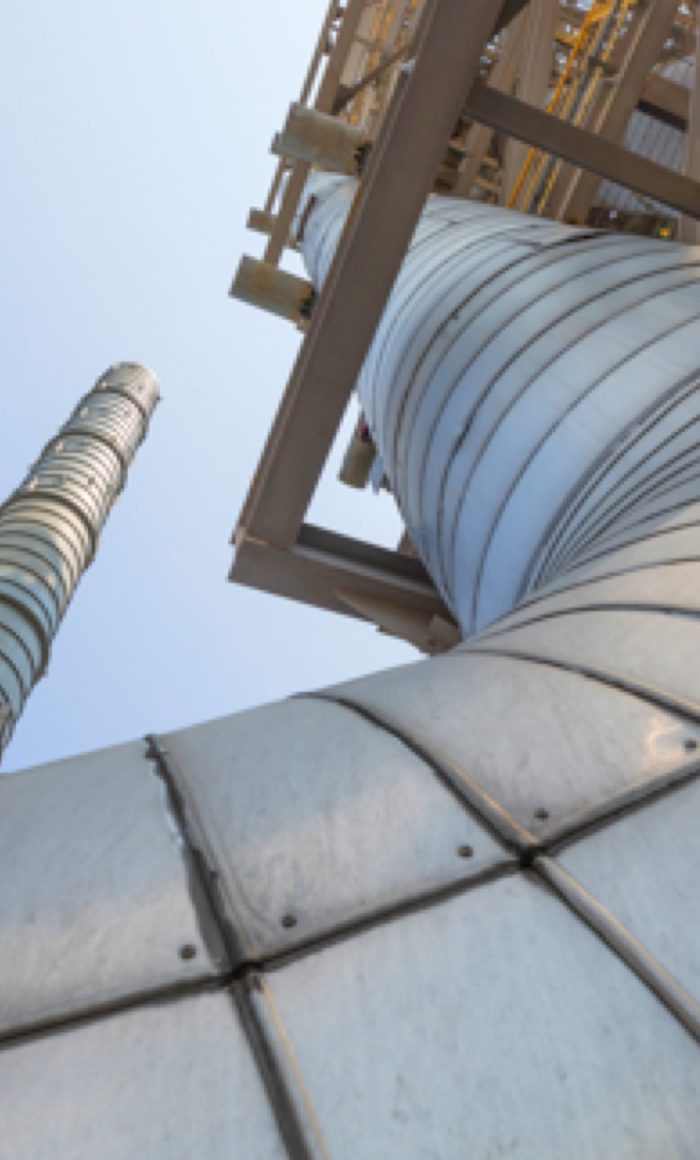“I’ve always been motivated by the amazing people around me,” says ExxonMobil’s Dr Arunakumari Garaga of her career and what has helped her reach where she is today.
It’s a career that’s taken her from a small Telangana village to being recognized for her “globally significant contributions to geotechnical engineering.”
Her journey has been a long one, but a solid foundation of education—and the unwavering support from family and workplace—made all the difference.
Her father instilled in her the value of learning at an early age and ensured she studied in English besides her native language.

The eldest of three daughters, Aruna is the first in her wider family to become an engineer.
“I had to write all my letters home from university in English, and my father sent them back edited,” she says.
“It helped. Among 40 students, I came first in class, even though all my classmates came from English-language schools.”
“But that wasn’t the only challenge. Carrying heavy civil engineering equipment to the field was hard too … you see, I’m short,” she jokes.
At the age of 16 she began to receive marriage proposals, but her father promised to support her career dreams.
“So, marriage wasn’t an issue, and I was top of my class throughout my academic stint. My father encouraged me to continue study through PhD instead of getting married.”
PASSION FOR GEOTECHNICS
Aruna studied geotechnical engineering at university. She wanted to understand how the earth and what we build on it interact for a stable world, and to be the connection between them. “The passion for geotechnical engineering was ignited at university,” she says.
“Look at something like the Burj Khalifa through a geotechnical lens: it’s such a tall building but think about the effort it’d have taken to build the foundation. The key is: the stronger your foundations, the stronger the superstructure.” Aruna believes this to be the mantra for success be it any stream of science one pursues.

“The beauty in geotechnics is that you can ‘see’ everything. I developed a keen interest in how that interaction works in different environments such as onshore, nearshore, and offshore,” Aruna says.
“The beauty in geotechnics is that you can ‘see’ everything. I developed a keen interest in how that interaction works in different environments such as onshore, nearshore, and offshore.”
A brief career in IT took her back to education, graduating with a PhD from the Indian Institute of Science (Bengaluru), before marrying in 2006. Since then, her sisters, husband, and—most importantly—her son have become her rock.
FORGING THE PATH TO SUCCESS
Aruna built a career working in offshore engineering, which included supporting offshore platform installations in varied environments.
Her long and successful career brought her many accolades, one of those being becoming an established public speaker. It’s a road that led her to ExxonMobil: to a new role and new opportunities.

“The day I joined ExxonMobil, I was given the opportunity to do a mandatory safety training to go offshore,” she says.
“ExxonMobil has been a rewarding journey so far, and my supervisor is very supportive,” Aruna says.
“I thoroughly enjoy what I do, as I get to work multiple projects with people from different parts of the globe. I accept people as they are and embrace challenges openly.”
In a recent career highlight, Aruna has been recognized by the Indian Geotechnical Society as one of the top 75 Indian women leaders who have made “globally significant contributions to geotechnical engineering.”
Aruna says her future at ExxonMobil looks bright, and that the support and opportunities the company provides can take others just as far.
“ExxonMobil hires for careers, not projects. If you have the capability to explore, learn and contribute meaningfully, the opportunities here are endless,” she says.






